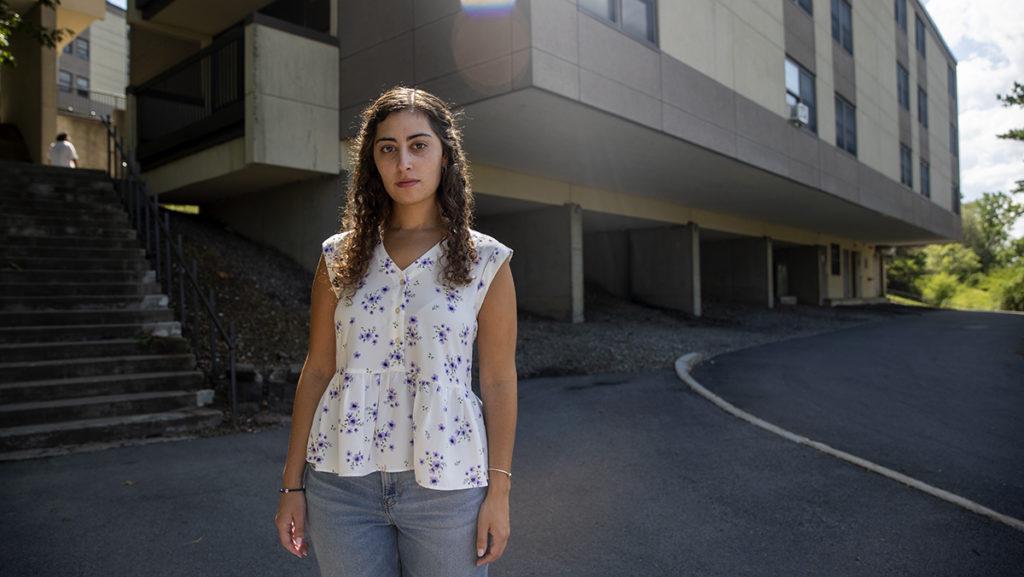As my senior year begins, I often find myself reflecting on my first year at Ithaca College. My first undergraduate year had all the elements of the typical start of a college experience — my first time eating in a dining hall or using communal bathrooms, bouts of homesickness, exciting new classes and clubs, a growing sense of independence, and more. But my first year in college came with unexpected loneliness and a lack of help.
By my own naiveté or ignorance, I did not expect my decision to live a substance–free life in college to impact my experience as much as it had started to. And I especially did not expect to be turned away from every effort I made to find my sober community.
While I belong to a very small group of college students nationally who have decided to live a substance–free life at school, I believe I deserve to have a community with similar values while in college.
However, when Ithaca College students try to take advantage of the substance–free options that are promoted, we are either directed to dead ends or the options do not exist like they’re advertised.
In the fall of my first year, I went through the process of moving dorm rooms and I met with a student who lived in the Substance Free Residential Living Community in Rowland Hall. I was cautiously optimistic about the potential of living with someone who may share the same values as me. However, this student told me they had been placed on that floor without applying for it and that their resident assistant did not actually plan any substance–free, community building programming. My optimism was replaced with disappointment.
Later, after a night in February led me to call my parents complaining that I felt as if I was the only person in the world who did not want to drink or smoke, I remembered that the Substance Free Residential Living Community website says that all community members can participate in their events. However, I couldn’t find information on those events anywhere. I contacted the residence director about this, but she just recommended I apply to live in the Substance Free RLC the following year or to seek out other forms of sober activities in clubs if I could find them.
I looked into this on the college’s website and IC Engage, but these suggested options did not seem to exist.
When the pandemic began, I was almost relieved that I would not be subjected to hearing the campus come alive at night on the weekends while I stayed in. And as my first year of college bled into my second, I sought solace from continuing remote schooling.
Back on campus in my junior year, I lived on the Quiet Study RLC in Terrace 5, even though I had applied for the Substance Free RLC in the same building. Upon meeting a few people who did live in the Substance Free RLC, they all said they did not apply to live in that community. They also mentioned their RA did not hold any substance–free, community building programming. It sounded all too familiar. The fact that every student I’ve interacted with that has lived in substance free housing was placed there without applying and mentioned that their RA did nothing for the community is jarring.
While I have found friends along my college journey, now as a senior, I’m still navigating finding my substance–free community. My only positive, IC-related, substance–free experiences have come from befriending a member of IC After Dark, a student-run club dedicated to late night programming on the weekends.
It is unfair that the college’s website promotes these options when they are not actually offered, or students are turned away when trying to take advantage of them. The Residential Life staff should not only be able to simply name what they realistically offer, but also be able to direct students to relevant resources outside of their office.
If the college is going to promote that it has spaces for students who have chosen to live a substance–free life in college, it must be able to uphold that promotion with tangible and accessible options for all students.














